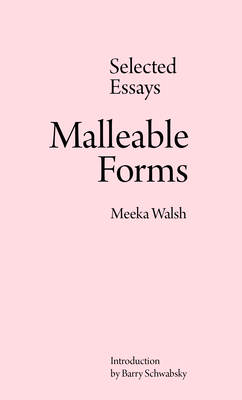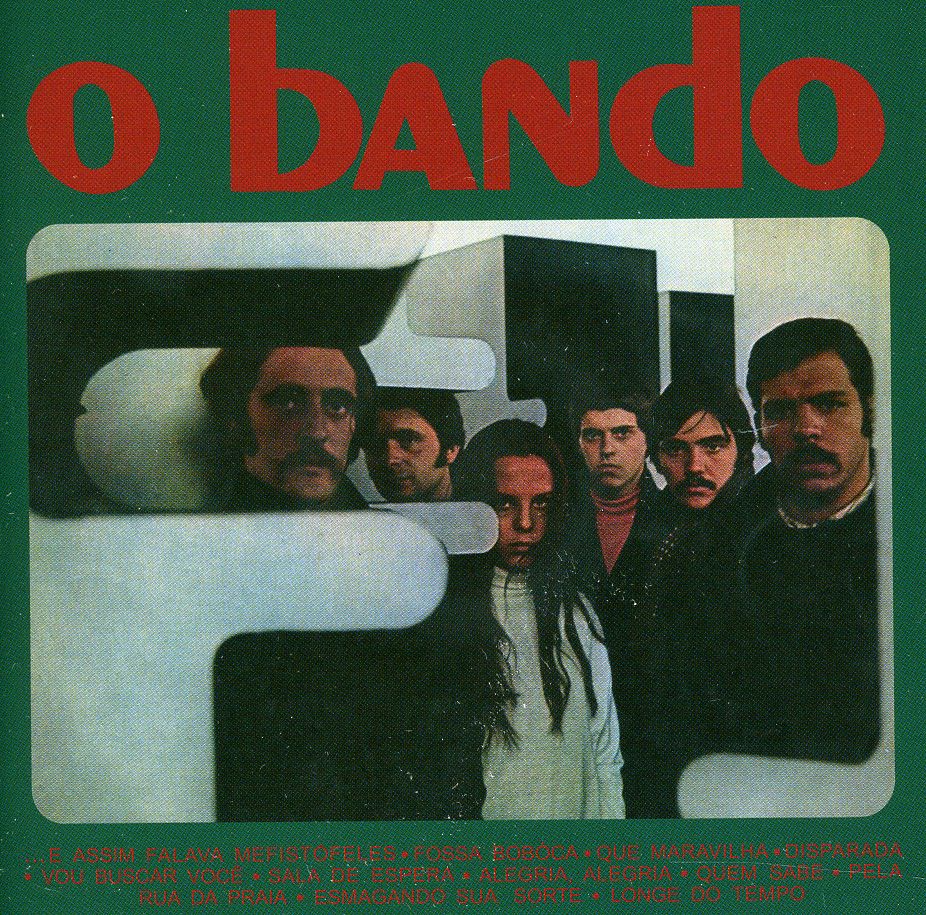
On the night of Sunday, April 23, 1961 Judy Garland made history. That's no hyperbole. Surrounded by a throng of ecstatic fans (3,165 to be exact), the legendary performer delivered a concert in Carnegie Hall the live recording of which became, upon release, an unlikely pop cultural phenomenon. Judy at Carnegie Hall, the two-disc set that captured all 25 numbers she performed that night, went on to spend more than 70 weeks on the Billboard charts, win four Grammy Awards--including Album of the Year (making it the first live music album and the first album by a female performer to win the category)--and become, in the process, the fastest-selling two-disc set in history.
What the recording highlights, and what's made it an enduring classic in a class of its own, is the palpable connection between the songstress and her fans. Indeed, The New York Times reported in its review of the evening's proceedings, what actually was to have been a concert--and was--also turned into something not too remote from a revival meeting. By looking at her song choices, her stage banter, the album's cultural impact, and her place in the gay pantheon, this book argues that Judy's palpable connection with her fans is precisely what her Capitol Records' two-disc album captured.member goods
listens & views

HARP CTI: DITTERSDORF, ALBRECHTSBERGER, ET ...
by BOUSKOVA,JANA / SW GERM CHAM ORCH, CZARNECKI
COMPACT DISC$19.25






